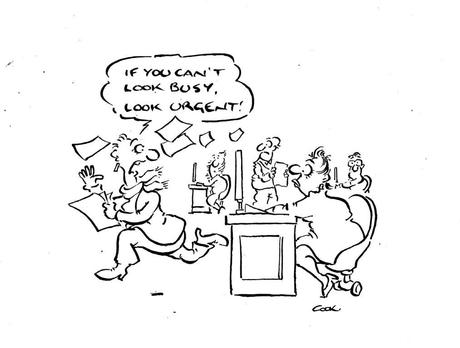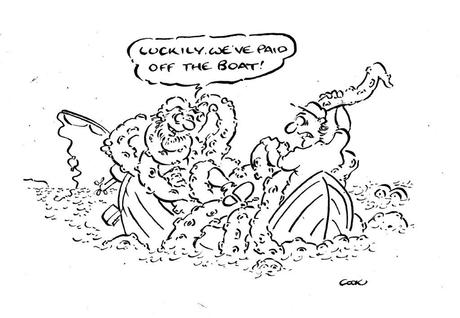
Permanently Impaired, or Pit Stop

It's almost 12 years since the world economy went backwards long enough to be labelled a global recession. On average, there's been one every nine years since WWII. You would say that this one was overdue. Even more so at the individual country level, where there's about one every six years or so. If you are 40 years old now, expect three to four more before you retire.
What can we learn from this?
Three characteristics of downturns
Recessions tend to be shorter than expansions. Most last little more than a year. Good times can persist for up to a decade. Recessions are also discriminatory. Some firms fall hard; others get windfalls — like restaurants versus supermarkets in the Covid climate. Recessions favour strong balance sheets. If you enter the downturn with low debt and plenty of cash, you are more likely to make it through. These attributes suggest tactical options.
Three survival strategies
A downturn creates a sense of urgency. Some resources are now under-utilised or lying idle. Some will be fat you put on during the good times. For others, demand has simply disappeared. The urgency forces hard decisions you might otherwise have put off.

How does the recession discriminate against you? If you rank your product range by margin, cost of capital, cash flow and prospects, which one warrants the most support? List current practices and new initiatives by ROI. It will clarify which activities are best placed to either get you through, or to outperform post-downturn.
Lastly — and by no means least — there’s financials. In a downturn, cash is again king. Firms don’t go broke when they don’t make a profit. They go broke when they don’t have any money. In making any decisions on where to focus your resources, aim for products and customers that produce the most cash the most quickly. Review how far you’ve strayed from Cash Flow 101. Tight management of payables, receivables and inventory are at the core of the financial pit-stop. They tend to lose priority in the good times. Get them back into sharp focus. And maybe keep them there.
Look around

Recessions present both challenge and opportunity. Use the urgency to create change; take advantage of the uneven impact; return financial management to front and center.

